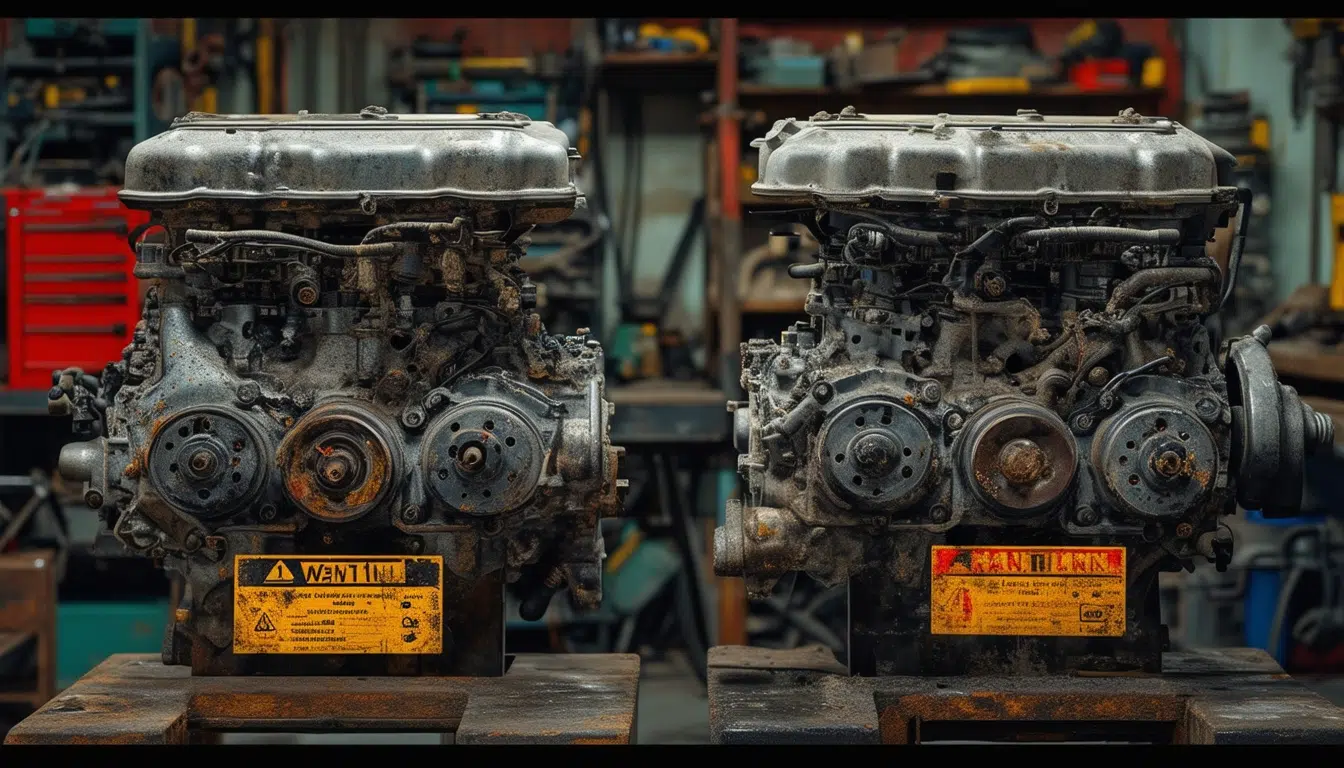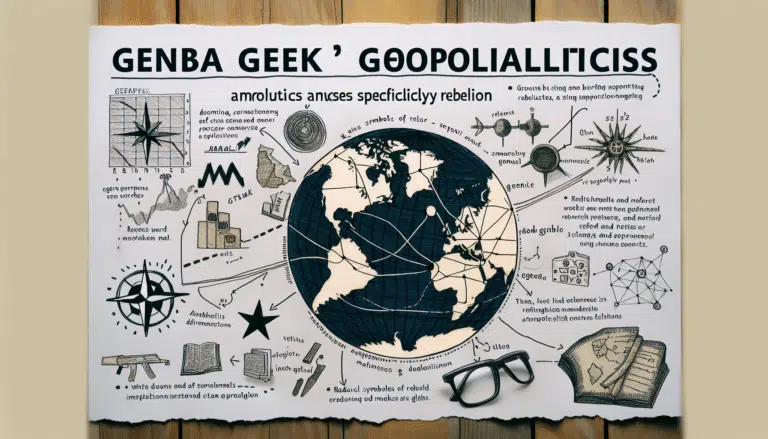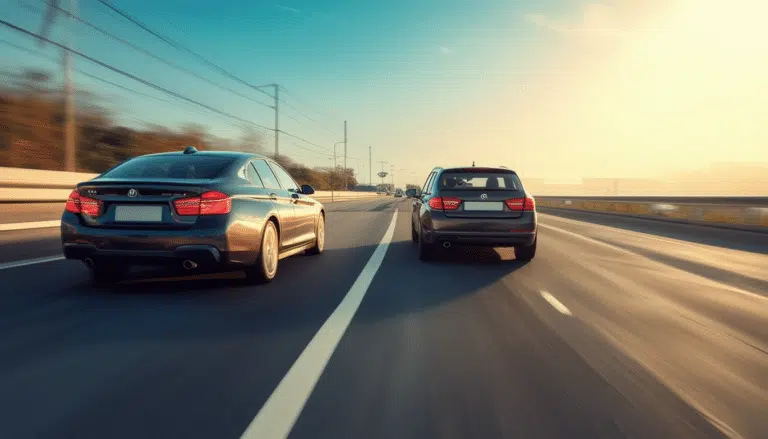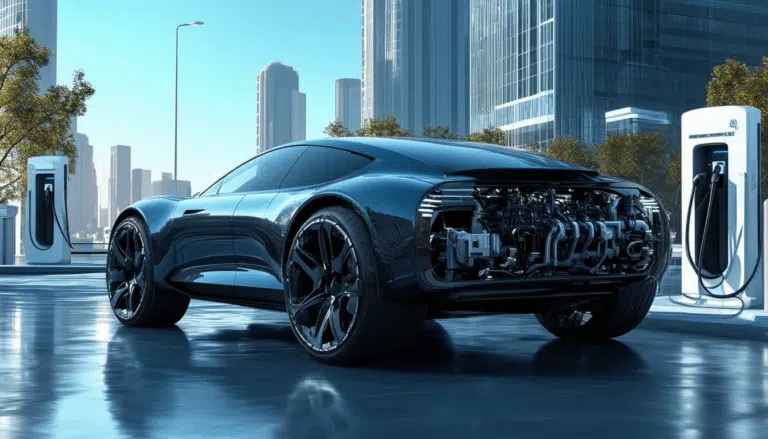The two engines advised against by an ITV inspector for new vehicles, although one still has its merit

The choice of the right engine for a new vehicle can be decisive not only in terms of performance but also for passing the ITV. Two engines in particular have been discouraged by an ITV inspector, although one of them, despite its drawbacks, has certain merits that deserve to be highlighted.
In the realm of technical vehicle inspections (ITV) and the regulations governing them, engines play a crucial role. An experienced ITV inspector has pointed out two engines that, in their opinion, are not advisable for new vehicles. However, one of these engines still retains certain merits worth highlighting. In this article, we analyze why these engines are discouraged and what qualities one of them may have.
The first discouraged engine: Lack of efficiency and high gas emissions
The first engine that has been discouraged by the ITV inspector is known for its lack of efficiency and for its high pollutant gas emissions. In a context where emissions regulations have become stricter, an engine that does not meet these requirements can cause significant problems when it comes to passing the ITV.
The current regulations, such as the Royal Decree 920/2017, set clear limits for measuring vehicle emissions. For vehicles registered after July 1, 2008, the limit is 1.5 m-1. If your car is older, the limit increases to 2.5 m-1. An engine that cannot stay within these parameters will face additional difficulties and risks of failure in inspections.
Environmental and regulatory impact
The environmental impact is another important consideration. ITV inspectors mention that this type of engine not only has regulatory issues but also contributes significantly to air pollution. With the growing global pressure to adopt more sustainable practices, opting for this engine can be counterproductive both in the short and long term.
The second discouraged engine: Low reliability but with merit
The second engine that has been flagged by ITV inspectors presents issues of low reliability. This engine, although initially attractive due to its low emissions and efficient consumption, has shown repeated mechanical failures that affect its performance. This premature wear results in higher maintenance costs and a greater likelihood of not passing periodic inspections.
Emissions and efficiency
Despite these reliability issues, this engine still has certain merits that consumers should not overlook. Its low emissions and fuel efficiency are highly valued factors. These qualities make it ideal for those seeking a more eco-friendly and economical alternative in terms of fuel consumption.
Regulatory considerations, especially concerning gas emissions testing, are a strong argument in its favor. The reality is that, if maintained properly, this engine has the potential to pass emissions tests without issues, giving it a certain advantage over other less eco-friendly engines.
Conclusion from the inspectors
In conclusion, although these two engines have been discouraged in the context of ITV for new vehicles, it is important to analyze the reasons in detail. The first engine fails in efficiency and emissions, while the second struggles with reliability issues but retains merits in terms of consumption and emissions. Ultimately, the choice of an engine should always be well-informed and consider both regulatory recommendations and the individual needs of the user.
Engines Discouraged by ITV Inspectors for New Vehicles
The choice of an engine for a new vehicle is crucial to avoid problems in the technical vehicle inspection (ITV), and according to ITV inspectors, there are two engines that stand out negatively in this aspect. The first is the low displacement diesel engine, known for its high pollutant gas emissions. These engines often struggle to meet the opacity limits required by regulations, especially in vehicles registered after July 1, 2008, whose limit is 1.5 m-1. For older vehicles, the limit is 2.5 m-1, but even so, these engines often fail the tests.
On the other hand, old and poorly maintained gasoline engines represent another discouraged option. Although these engines may have been efficient in their time, over time and without proper maintenance, they tend to exceed the allowed emissions limits. Current regulations are strict regarding emissions, and these engines often fail to pass the ITV because they do not meet modern standards. Additionally, as they age, their performance and efficiency are also affected, further increasing the likelihood of failing the inspection.
Despite the mentioned disadvantages, one of these engines still has its merit. Low displacement diesel engines, although problematic in terms of emissions, are known for their fuel consumption efficiency. For users who drive many kilometers annually, especially on highways, these engines can offer significant savings in fuel costs. Furthermore, technological advancements continue to improve these engines, so in some new models, emissions could be sufficiently controlled to comply with ITV regulations. However, one must be very careful and choose versions that already incorporate these technological improvements and ensure rigorous maintenance.





